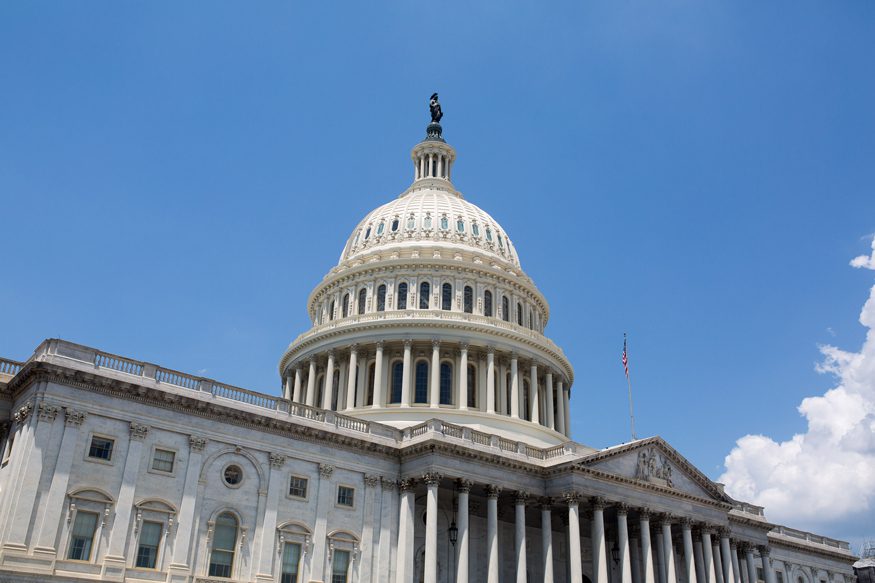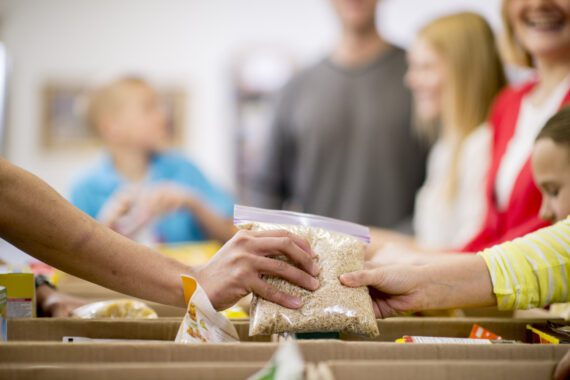Washington, D.C. – New data released today by the U.S. Department of Agriculture (USDA) revealed that 11.1 percent of U.S. households struggled with hunger in 2018. This is the seventh year in a row of decline in the number of Americans experiencing hunger. We are finally back to where we were before the Great Recession.
“Bread for the World celebrates this progress against hunger,” said Rev. David Beckmann, president of Bread for the World. “It is due to low unemployment, combined with the fact that Congress has repeatedly backed away from cutting safety-net programs like Medicaid and SNAP.”
The USDA’s annual report, “Household Food Security in the United States in 2018,” shows that 37.2 million Americans, including 11.2 million children, lived at risk of hunger in 2018.
While food insecurity among all households, and households with children in particular, declined significantly over the past two years, African American households did not see any gains over this time period. In fact, 21.2 percent of African Americans and 16.2 percent of Latinos are struggling with hunger.
“The advocacy of Bread for the World’s members across the country has helped to protect safety-net programs,” said Beckmann. “Advocates also need to push for policies that challenge structural racism and gender inequity, repair our broken immigration system, and improve job opportunities to ensure that all Americans are participating in the recovery.”
Last week, Bread for the World released its 2019 Hunger Report, “Back to Basics: How to End Hunger by 2030,” which shows how advocacy and citizen engagement can build the political will to end hunger both in the U.S. and around the world.


